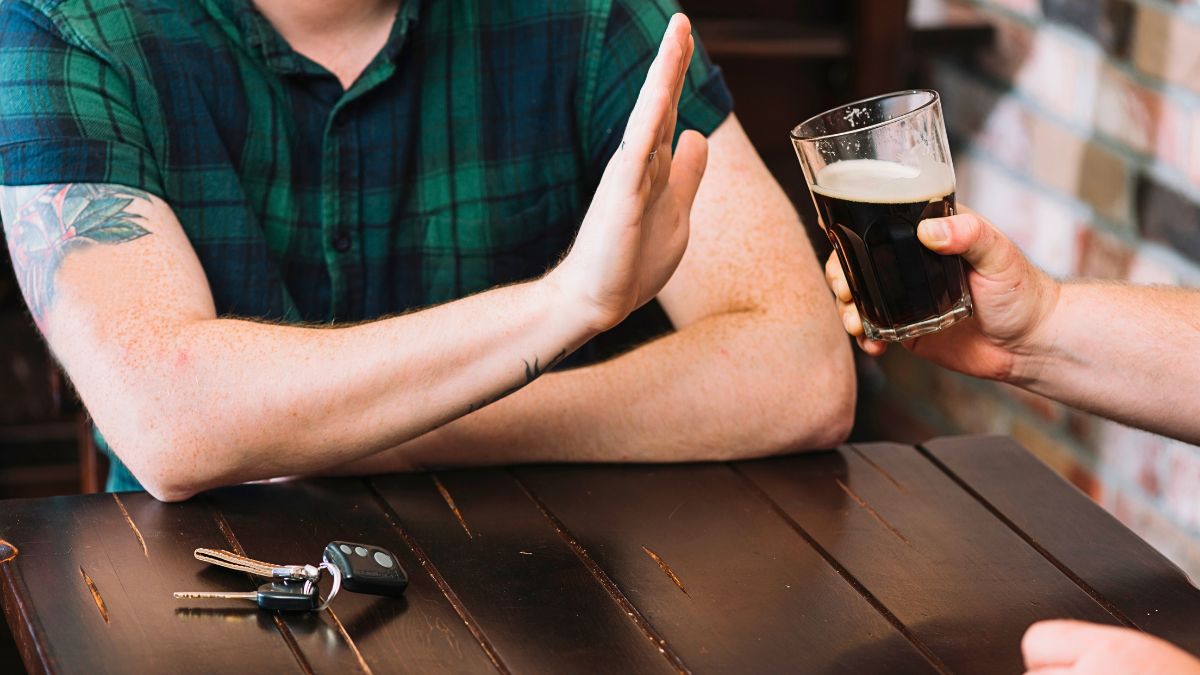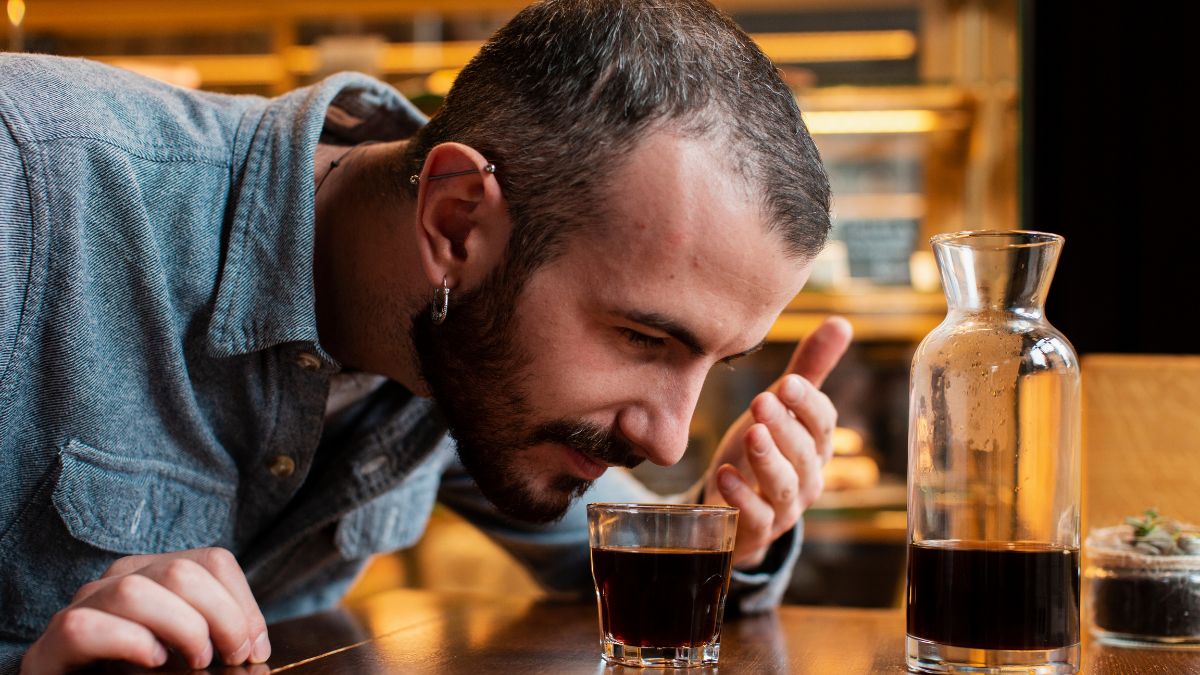When someone you love is recovering from addiction, your role in their journey is more powerful than you might think. Recovery is a long road, filled with emotional ups and downs. It can be confusing, frustrating, and heartbreaking—but it can also be incredibly healing. The way a family shows up during this time can make all the difference. Here’s how to support them in a healthy, meaningful way.
Listen
Let’s start with the simplest (but often hardest) thing: listening. You don’t need all the answers. In fact, it’s better if you don’t try to fix everything. Instead, just be present. Let your loved one talk, vent, cry—or stay silent.
Listening without judgment helps them feel safe. Avoid giving advice unless they ask for it. Sometimes, just knowing someone is there to hear them out can be a huge relief.
Learn
Addiction is misunderstood. It’s not just a series of bad choices—it’s a disease that affects the brain. Educating yourself helps you respond with empathy rather than frustration. Read about addiction, attend family support meetings, or talk to counselors who specialize in substance use.
The more you know what they’re going through, the better you can walk beside them—not ahead of them or behind them, but with them.
Boundaries
Support doesn’t mean saying yes to everything. Boundaries are healthy for both you and your loved one. That means not enabling their behavior, not rescuing them from consequences, and being clear about what’s okay and what’s not.
For example, it’s okay to say, “I’m here for you, but I won’t give you money.” Loving someone in recovery means showing up, not covering up.
Patience
Recovery is not a straight path. Relapses can happen. Emotional outbursts may surface. Your loved one may seem unmotivated one day and full of hope the next. It’s exhausting, but it’s also part of healing.
Patience doesn’t mean letting things slide—it means understanding that change takes time. Celebrate small wins. Progress is progress, even if it’s messy.
Encouragement
People in recovery often battle shame. Your support can help counter that. Remind them of their strengths. Say things like, “I’m proud of you,” or “You’re doing great,” even when the steps are small.
Motivation often comes from knowing someone believes in you. Be that someone.
Presence
You don’t always have to talk about recovery. Just spending time with your loved one can help. Watch a movie, go for a walk, cook together—anything that feels normal and comforting.
Being present says, “You’re still you, and you still matter,” which is something everyone in recovery needs to hear.
Support
Family members need support too. Watching someone struggle with addiction can take a toll. Don’t forget your own mental health. Join a support group like Al-Anon, or talk to a therapist.
You can’t pour from an empty cup. Helping someone else starts with taking care of yourself.
Supporting a loved one through recovery isn’t about being perfect—it’s about being real. Your presence, patience, and love can be a powerful part of their healing. Remember, recovery is a family journey. It’s not easy, but together, it’s possible.
FAQs
Should I give advice to my loved one?
Only when asked—listening is often more helpful.
What if they relapse?
Stay calm, offer support, and encourage them to keep going.
Are boundaries important?
Yes, they protect both you and your loved one.
How can I learn more about addiction?
Read, attend meetings, or speak with a professional.
Should I get support too?
Absolutely—family therapy or support groups can help.










